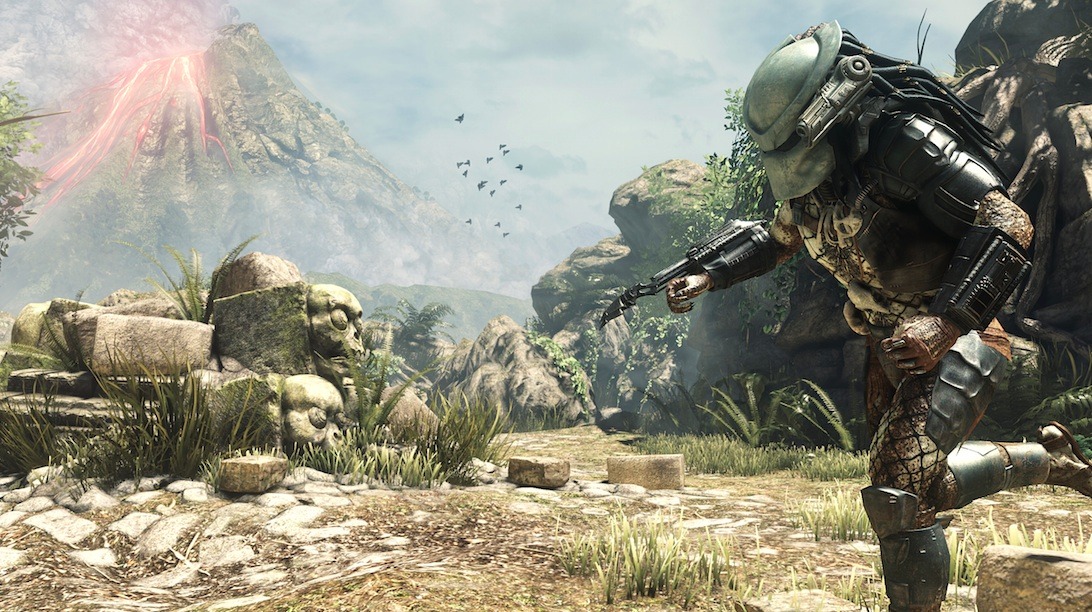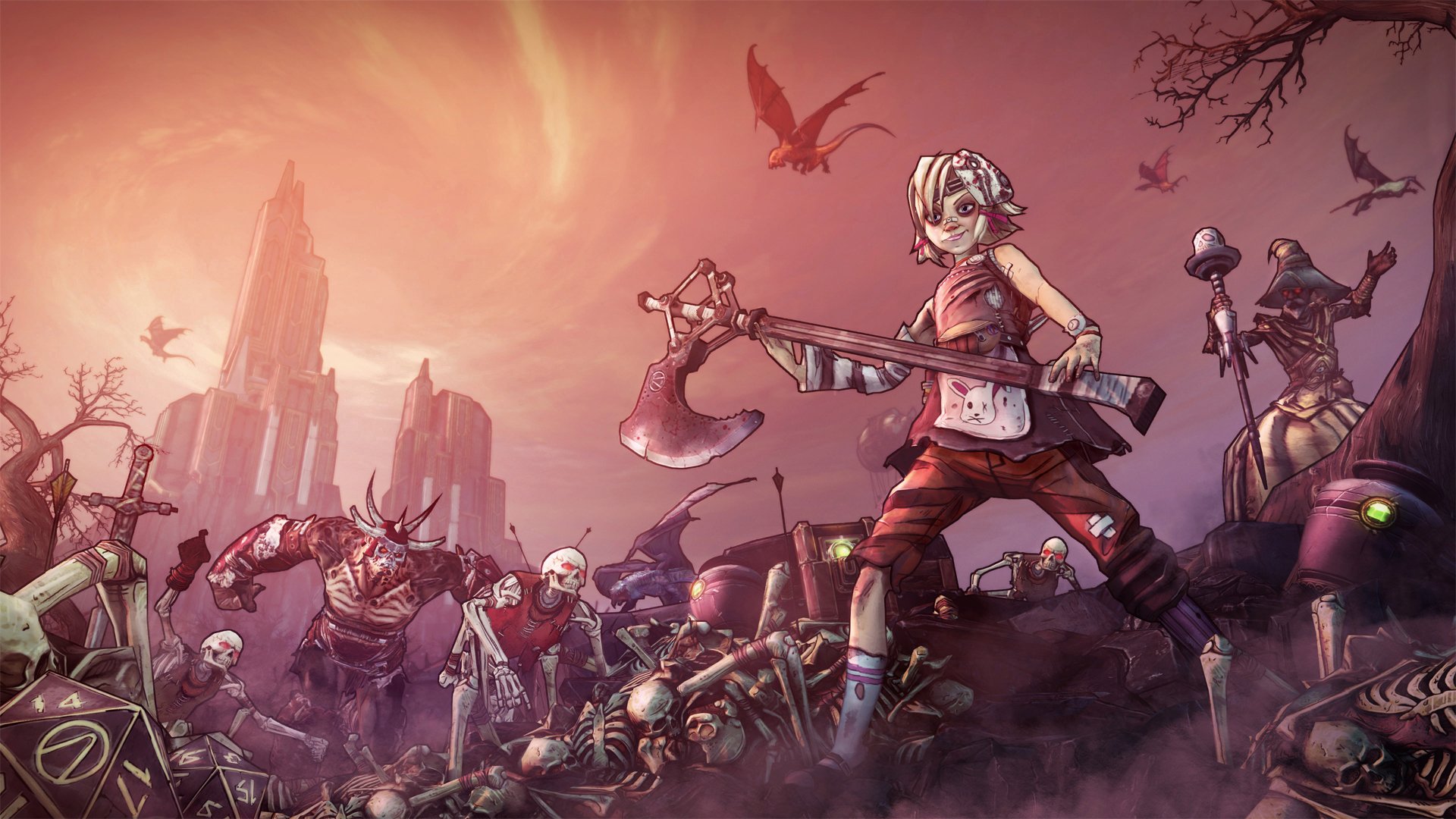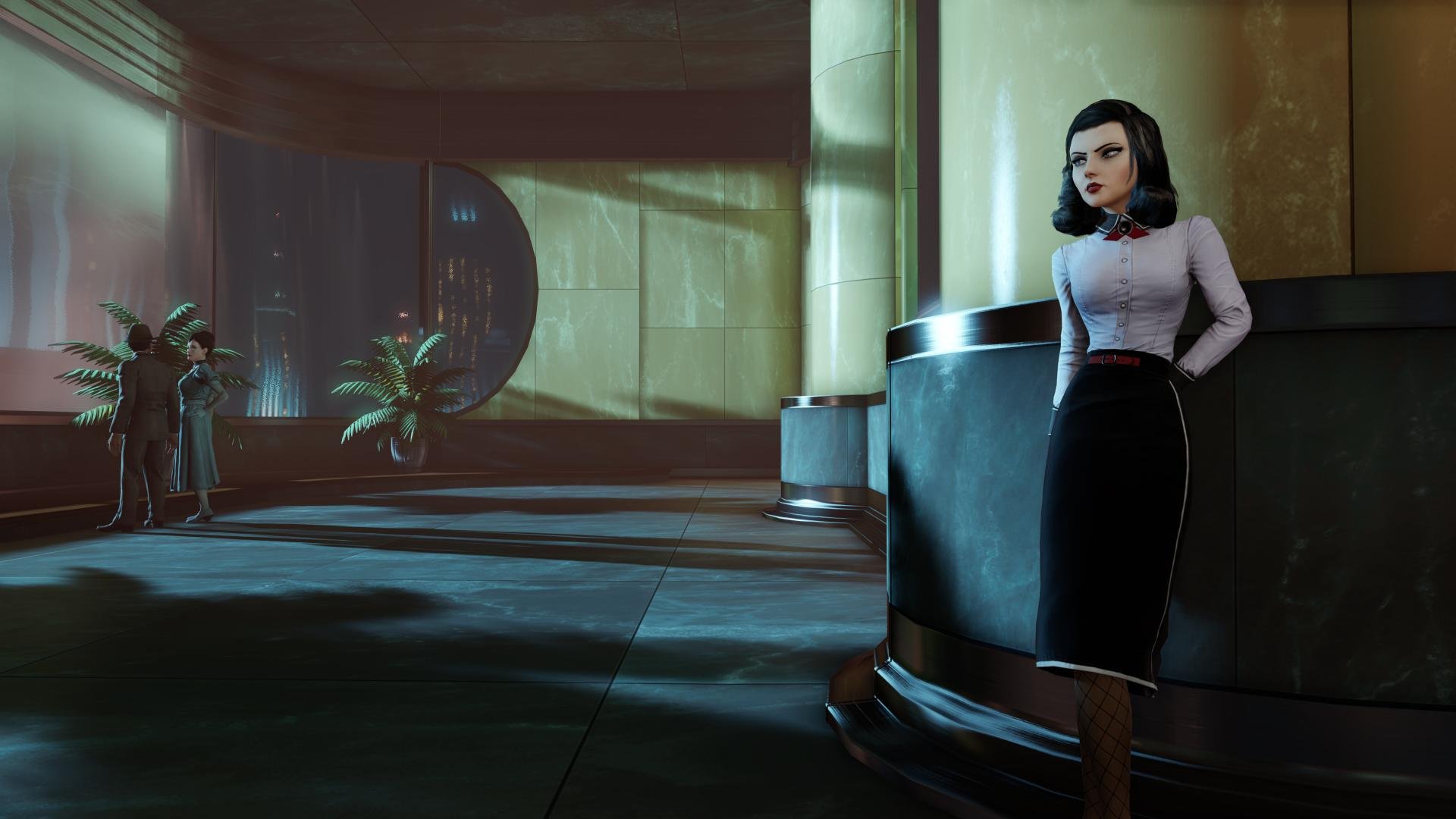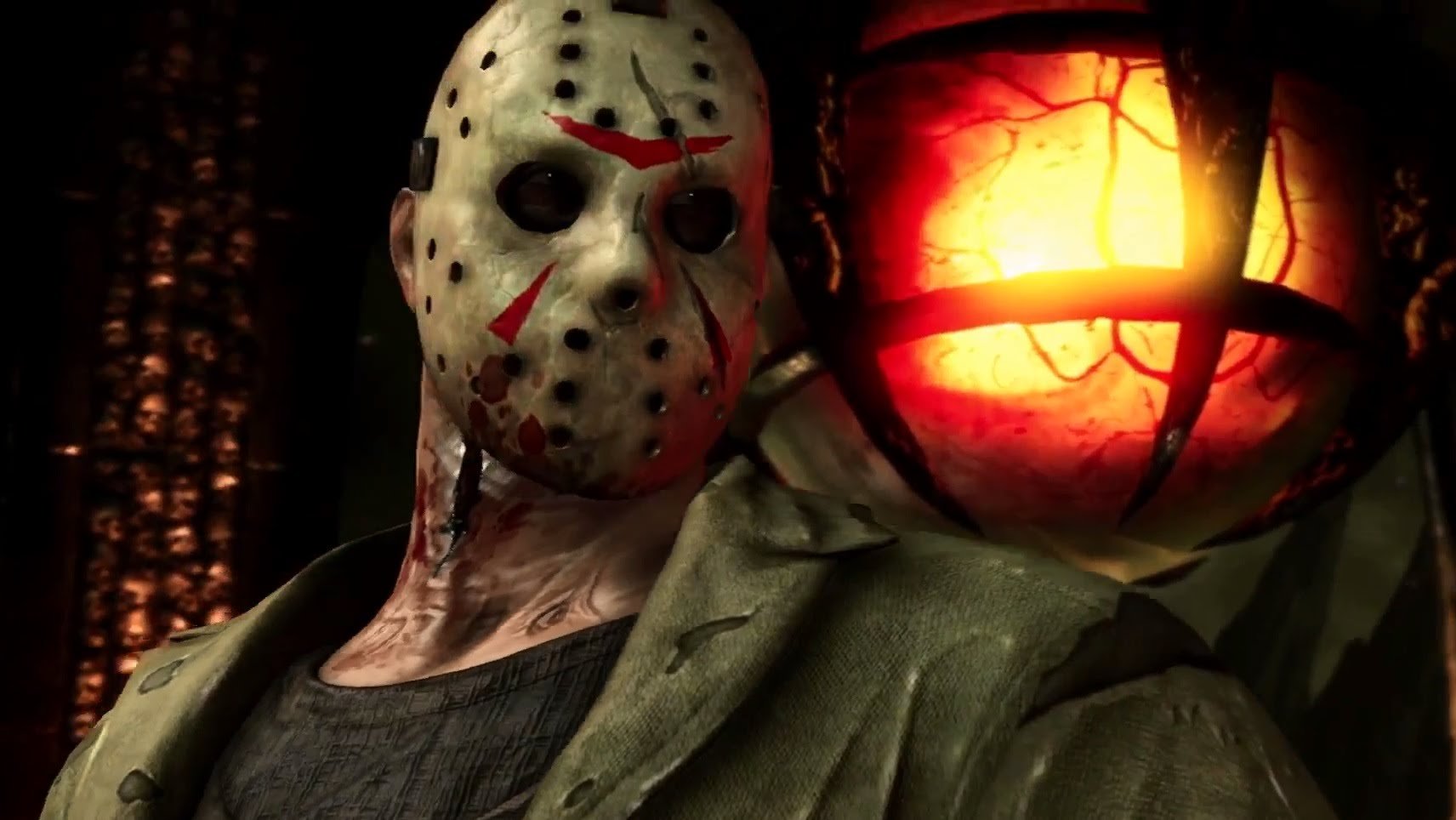Looking for some real invention in AAA games? Better start buying some DLC
Of course DLC represents the rampant commercialism of modern gaming. And of course it’s symptomatic of technology built, at least in part, to prey on the most invested fans. And of course you’re allowed to be angry at being treated like a man made of nickels and dimes, ripe for the taking. All I’m saying is that your average developer is probably angry about that, too.
That might explain why DLC is now regularly the strangest, most experimental content your average AAA game will ever put its name to. It’s as though every design document brought into meetings and summarily crushed by the leather-gloved hands of eerily-smiling execs gets hastily cleared up and squirreled away in some hidden bolthole until release – after which point those frustrated devs get to do what they want.

Just take Call of Duty, a series now so generic it could present the news, but whose list of DLC-specific features reads like a Kickstarter pitch written by an individual in the throes of a problematic brain-froth. CoD: Ghosts' add-ons alone offered the ability to summon a gaseous blizzard beast, set up a dead mariachi band, ride a DuckTales-alike minecart and play as Michael Myers from Halloween or the Predator. None of this includes the barmy Extinction mode, which has evolved from humdrum battles against huge mouths with legs attached, to including mind-controlling ur-aliens and actual space travel.
It’s worth pointing out just how fun most DLC aims to be. While the games themselves strive for meaning, or truth, their DLC seems far more aligned with gaming of old – as if developers, at heart, are unable to tear themselves away from the plain and simple fact that this is the medium that spawned something called Jet Set Willy.

Tiny Tina’s Assault on Dragon Keep was a time-fattened love letter to the pen-and-paper RPGs that helped bring such stat-based, treasure-obsessed fare as Borderlands into being. Likewise, Old World Blues hearkened back to Fallout’s own roots, turning the sometimes dour New Vegas into a retro romp that felt more like its isometric forebears.
Very rarely, DLC becomes the focus of a game in itself – Saints Row 4 famously started life as an add-on – but in the sphere of AAA, where set templates and simple stories tend to rule the roost, it’s in the post-release margins that we most often find the restless invention we think of as the preserve of indies.

With far less impetus put on attracting as huge a demographic as possible, designers seem to indulge in making exactly what they feel like. It’s easy to start looking at the human stories behind DLC and start pulling at conspicuous strings, here. Do you really think the reasoning behind BioShock Infinite’s Burial at Sea expansion was that they wanted to tell the slightly dull noir story of Rapture-universe Elizabeth? No.
Weekly digests, tales from the communities you love, and more
To me it seems clear that Irrational’s designers were miffed at how much work they’d put into the environment surrounding the (spoilers) Death of Big Bird scene at the end of the main game, and wanted their dues paid. What’s Mass Effect 3’s Citadel if not in-house fan fiction? Undead Nightmare is a load of guys, bored by Red Dead Redemption’s weighty, ambiguous themes and kicking loose in the most clichéd way possible.

I’m not impinging on the good work of AAA games as a whole, here, but it does strike me that there’s a disconnect between the avowed intentions of most of our biggest titles, and what the few souls who don’t move onto the Next Big Project feel like they want to do with them afterwards.

It's a trend that only looks set to continue. Mortal Kombat X has been having lots of fun with its choice of downloadable characters, The Witcher 3 added some of the game's oddest interludes post-release, and Black Ops 3's episodic Zombies mode looks like a a reason to buy the game all by itself. DLC might be wielded by businesses as a Pavlovian “buy more” bell, but so often the people who actually make it really are working on a treat worth salivating over.
Click here for more excellent OXM articles. Or maybe you want to take advantage of some great offers on magazine subscriptions? You can find them here.



